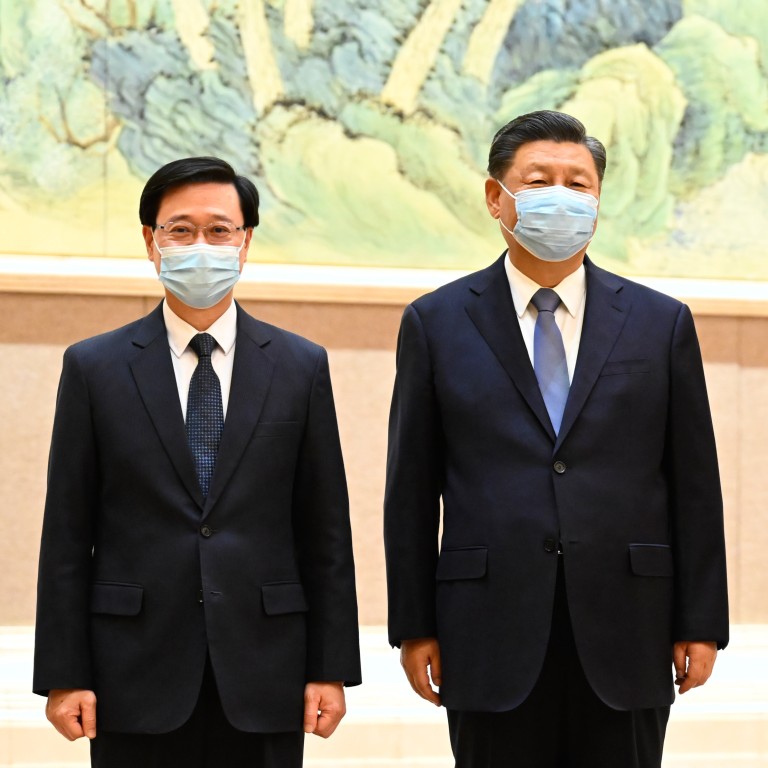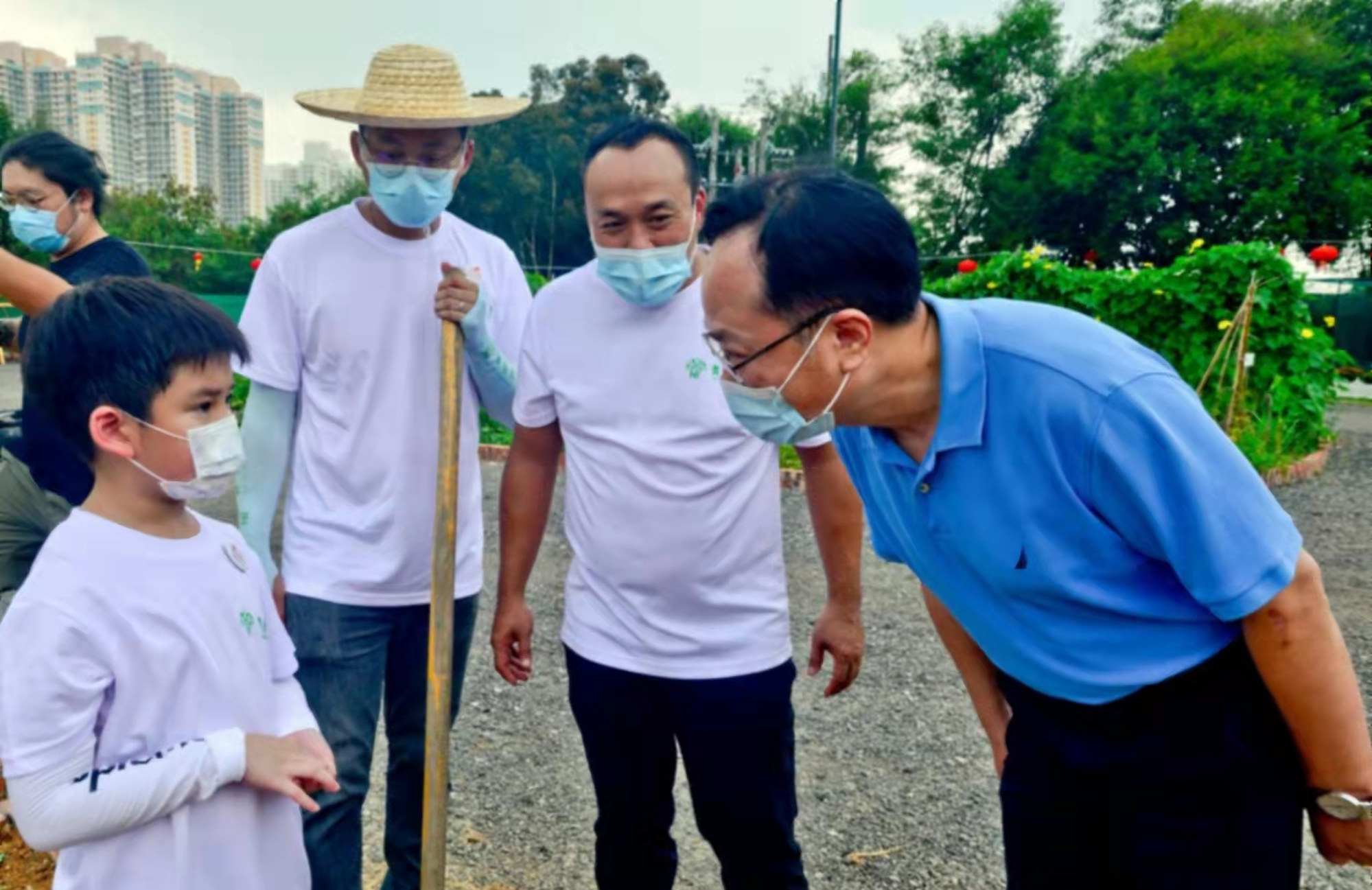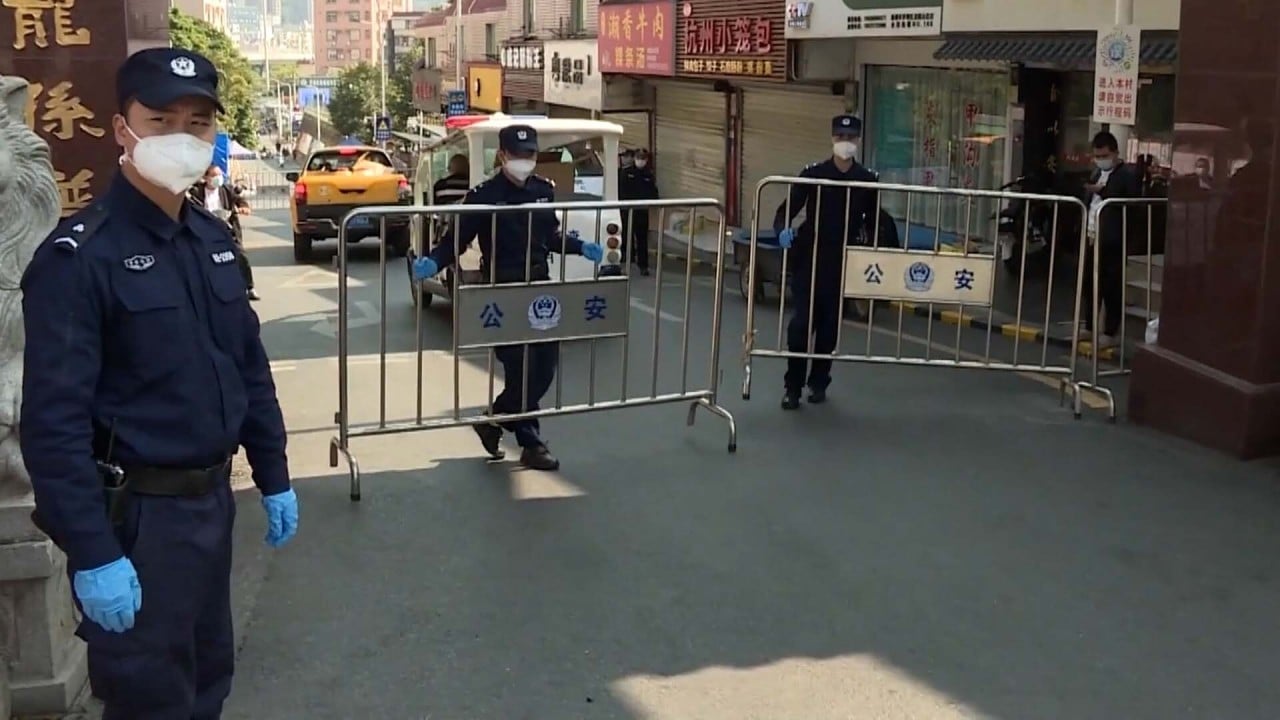
If John Lee wants to improve communication with the mainland, he should look beyond Beijing
- Past administrations have taken ‘communicating with the mainland’ to mean only liaising with the central government
- But regional governments can also affect Hong Kong in profound and unexpected ways, and the new administration must learn to confer with provincial officials too
The political discourse in Hong Kong often blurs the distinction between “mainland China” and “Beijing”. After all, the Basic Law, which provides our constitutional framework, talks mostly about Hong Kong’s relationship with the central government.
But one should not forget that there are also numerous regional governments in China, all of which can affect Hong Kong in profound and unexpected ways. Learning to communicate with all of them will do immense good for Hong Kong.

For one thing, the liaison office had just spent months trying to rehabilitate Beijing’s image in Hong Kong. This would have been a top political concern because it was a time of heightened controversy for “one country, two systems”.
For another, the liaison office spoke directly for the central government, and since they are all good students of Deng Xiaoping, they must know what Deng used to say about not making big promises then failing to deliver, lest people lose faith in the party. So, I do not believe the liaison office was messing around. I think they were just as exasperated as the rest of us.
There had to be another player. Again, quoting the Post on December 29: “Michael Tien Puk-sun said … that according to his understanding, Beijing had already set a date for the reopening, but local authorities across the border still had concerns. ‘Shenzhen and Zhuhai seem to be nervous about the risk of Omicron outbreaks, so the plan is on hold right now,’ he said.”
However, what was really surprising was that they had the guts and the power to say “no” to the central government, even at the cost of alienating Hongkongers and potentially undermining one country, two systems.
Not long afterwards, the fifth pandemic wave hit Hong Kong and plans for the border reopening were swiftly forgotten. However, there are still important lessons to remember.
When Lee engages in his first conversations as chief executive with the mainland, I hope he will understand that he is not dealing with just one counterpart but with many, sometimes fractious counterparts. Finding a way to communicate with them all will help him to succeed where others have failed.
Finally, I hope Lee will think deeply about how his government fits into the overall political structure of China, and whether a special administrative region can have at least as much fortitude as “just another Chinese city”. I wish Lee every success in his new administration.
Patrick Jiang is an honorary research associate at the Hong Kong Institute of Asia-Pacific Studies of the Chinese University of Hong Kong


